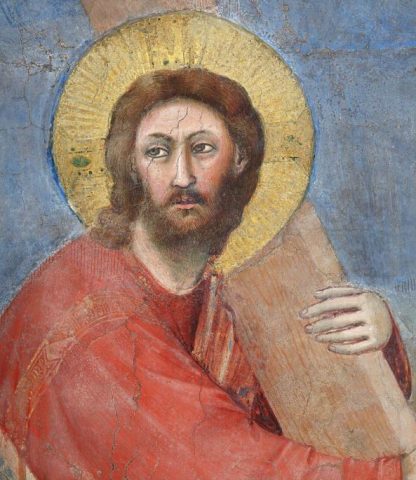What are the origins of Lent? Did the Church always have this time before Easter?
Lent is a special time of prayer, penance, sacrifice and good works in preparation of the celebration of Easter. In the desire to renew the liturgical practices of the Church, The Constitution on the Sacred Liturgy of Vatican Council II stated, “The two elements which are especially characteristic of Lent — the recalling of baptism or the preparation for it, and penance — should be given greater emphasis in the liturgy and in liturgical catechesis. It is by means of them that the Church prepares the faithful for the celebration of Easter, while they hear God’s word more frequently and devote more time to prayer” (no. 109). The word Lent itself is derived from the Anglo-Saxon words lencten, meaning “Spring,” and lenctentid, which literally means not only “Springtide” but also was the word for “March,” the month in which the majority of Lent falls.
Since the earliest times of the Church, there is evidence of some kind of Lenten preparation for Easter. For instance, St. Irenaeus (d. 203) wrote to Pope St. Victor I, commenting on the celebration of Easter and the differences between practices in the East and the West: “The dispute is not only about the day, but also about the actual character of the fast. Some think that they ought to fast for one day, some for two, others for still more; some make their ‘day’ last 40 hours on end. ….
Continue reading >>>>>>>>>>>







